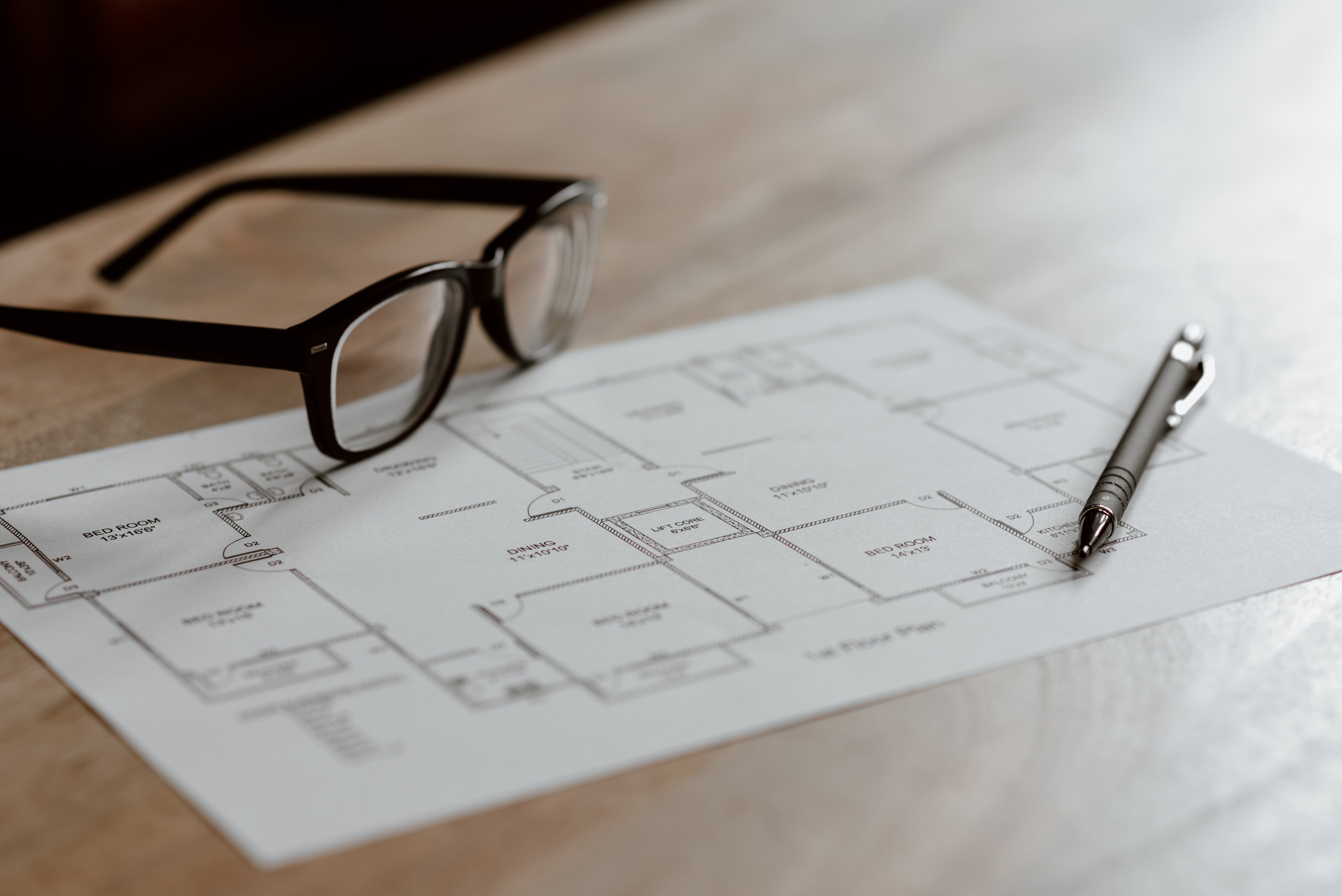When hiring your design / build team for your new home or renovation, open and transparent communication is extremely important. Not only should your team understand what you hope to achieve, but that you feel comfortable enough to discuss your lifestyle and financial situation with them. Just as you wouldn’t tell your therapist how to do their job or ask them to provide drugs without a prescription, there are some things your team prefer that you didn’t say.
My Budget is Confidential
This is the number one important piece of information for both the Design team (Architect/ural Designer) and Build team (General Contractor or Project Manager). Stressing the importance of this discussion cannot be emphasized enough.
For example, if your design team doesn’t know what you expect to spend on your house, then the design could be assumed at $500K because your taste for [insert expensive items thought to be cheap]. However, that number in your head was $300K. Getting a fully developed design only to find that the budget won’t stretch that far will only...
When you get to your build, your contractor will price based on the design and again your taste. Don't be shocked when that number comes in 2X more than what you were expecting to spend. The price isn't based solely on the finishings and materials, the design, both architectural and structural, will also contribute tremendously to the price.
You need to be comfortable (and honest) about discussing money with your team from the beginning to keep you within budget.
WHAT TO SAY INSTEAD: This is my budget, do you think it is sufficient with my vision (design) and finish (build)?
I Have The Design Already, Can You Just Draw It Up?
Just to be clear, computer programs have advanced the design of homes tremendously with 3-dimensional designs, renderings, and smart dimensioning, just to name a few. However, this is a far cry from clicking 1 button and ta-da! a floor plan projects into a 3-dimensional house. A design for a single home is months of countless off computer - on computer hours, multiple programs and educational upkeep. No, it can't just be drawn up.
So, back to the question, it could mean a couple things;
You have seen a plan already, perhaps an existing home, a plan online, or in a brochure and want an exact replica to save on cost, or
You have designed the plan yourself, again to possibly save on cost.
The problem with either situation is first, to undertake the unethical and illegal approach (in some countries and situations) by breaching the original designers copyright. If you are fixated with a specific design that has already been produced, you should contact the original designer or architect for permission to use that design.
Or second, you have no previous design or drafting background and there is a good chance that the plan does not work and/or is incomplete. A floor plan is not a fully designed house. But the main problem with this situation clients are typically completely convinced it is their best and only option. That should not be the case going into the design of a hired professional.
Either way, both options don’t save you money. The Architect or Building Designer would still have to “draw it up” to meet your country's/city's requirements and lot restrictions - your rendition of CAD files or not.
WHAT TO SAY INSTEAD: I like this particular design, could something similar work for my site and what are your other suggestions?
I Need You To Guarantee A Building Permit / Occupancy Permit By [ Insert Date ]
First things first, your design/build team does not issue planning permits, your city does. While some permits can be quick, others can take months.
All that your design team can do is have very clear drawings and respond quickly to any inquiries or questions the city may have. As for design itself, it takes as long as stated in your contract. This is of course dependant on the current workload of the design team as you aren’t the only client and the speed that you respond to questions or revisions.
Your build team will also take as long as stated in your contract. There are many moving parts and professionals, and again, you aren’t their only client. Your General Contractor will of course work hard to obtain an occupancy permit by the time requested, but if the timeline isn't realistic or needs to change during the build then it should be stated as such.
WHAT TO SAY INSTEAD: What are the likely timeframes and different scenarios/stages that may take place throughout the process? And do you think this timeline could work?
The likelihood of these questions arising during your design/build is high, but how you approach each discussion will determine whether your team is built on honesty, trust and respect or lack thereof. Start your team off on the right foot, with the right discussions.
Chelsey Morphy
Home Consultant & Designer







